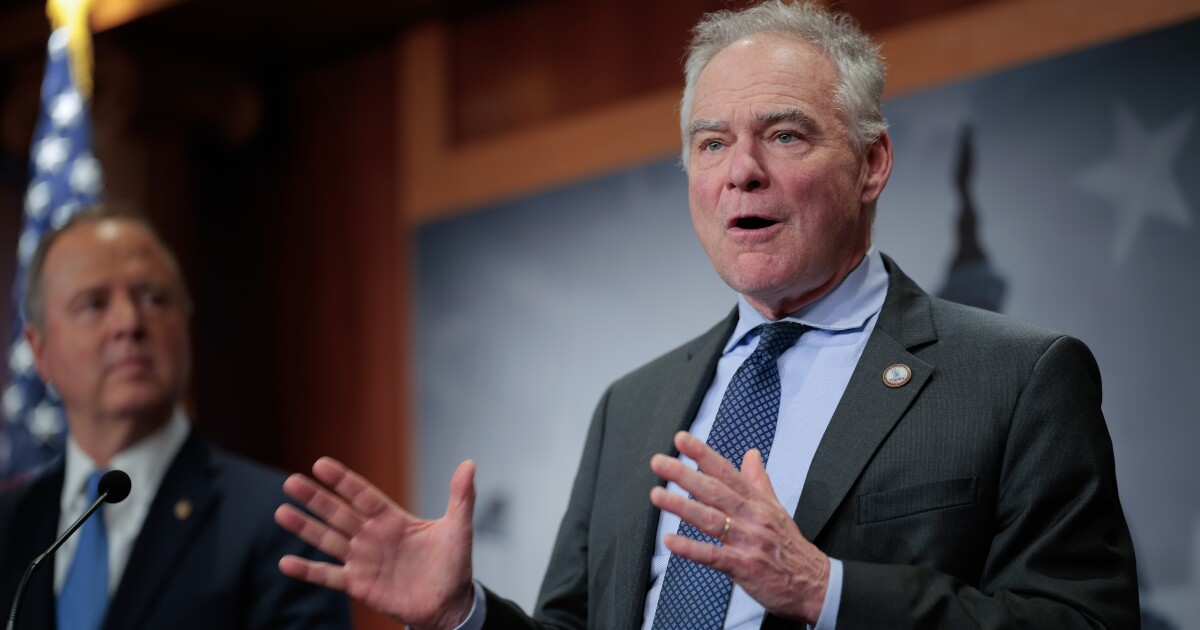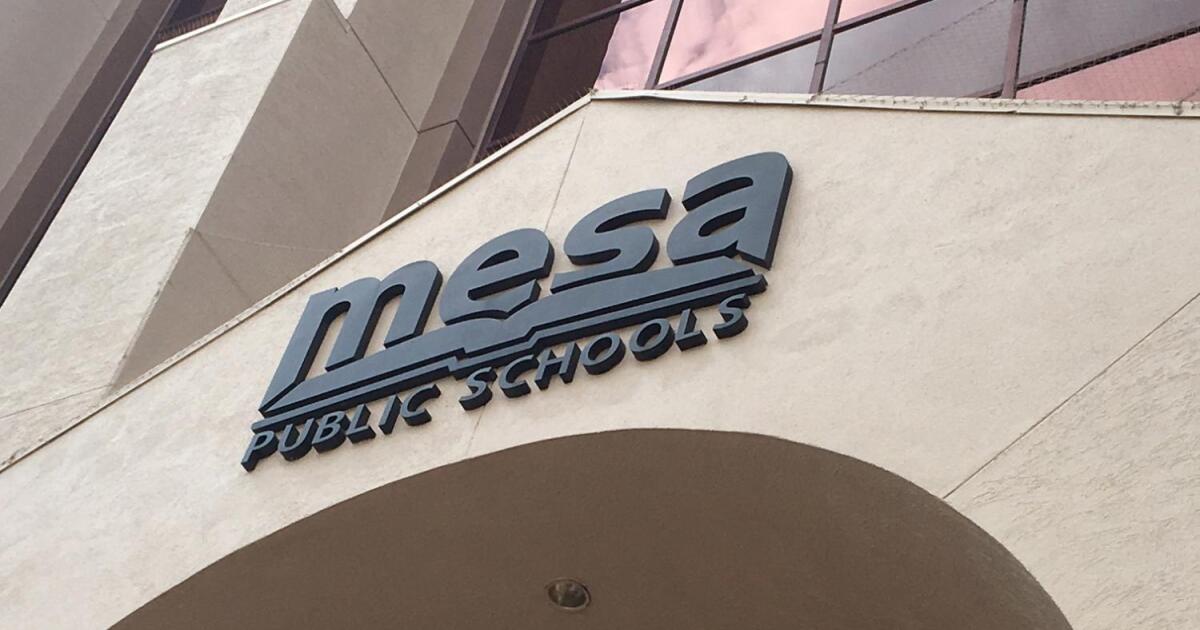Michigan’s New Grant Aims to Boost Community College Graduation Rates
In an effort to enhance educational attainment, a new grant in Michigan promises to assist community college students in securing their associate degrees, even if they transition early to a four-year university program. This initiative is set to transform the way students navigate their academic journeys.
The $255,000 grant, provided by the Michigan Department of Lifelong Education, Advancement, and Potential, encourages public universities to employ a tracking system that monitors the academic progress of transfer students. This system will facilitate the awarding of associate degrees by community colleges once students fulfill the necessary criteria.
The Michigan Association of State Universities (MASU) is the recipient of this grant, tasked with implementing the program. According to MASU CEO Dan Hurley, obtaining an associate degree can significantly motivate students to pursue further education. “It’s a motivating achievement that encourages them to double down, earn that baccalaureate degree and then move on to the next step in their educational career endeavors,” Hurley stated.
Implementing this data-sharing system between public universities and community colleges is estimated to take one to two years. Hurley highlighted the importance of backend data management and information technology setup, emphasizing the transformative potential of the initiative. “I really do think this should be probably the last domino outside of doing the actual on-the-ground work that has to take place at the universities,” he expressed, noting that the grant amount, though seemingly modest, is expected to have a “meaningful impact.”
This initiative aligns with Michigan’s strategic objective of ensuring that at least 60% of the working-age adult population holds a degree or work certificate by the end of the decade, as outlined in the state’s educational goals. The new grant is a step towards achieving this target, driving higher education completion rates across the state.
—
Read More Michigan News










